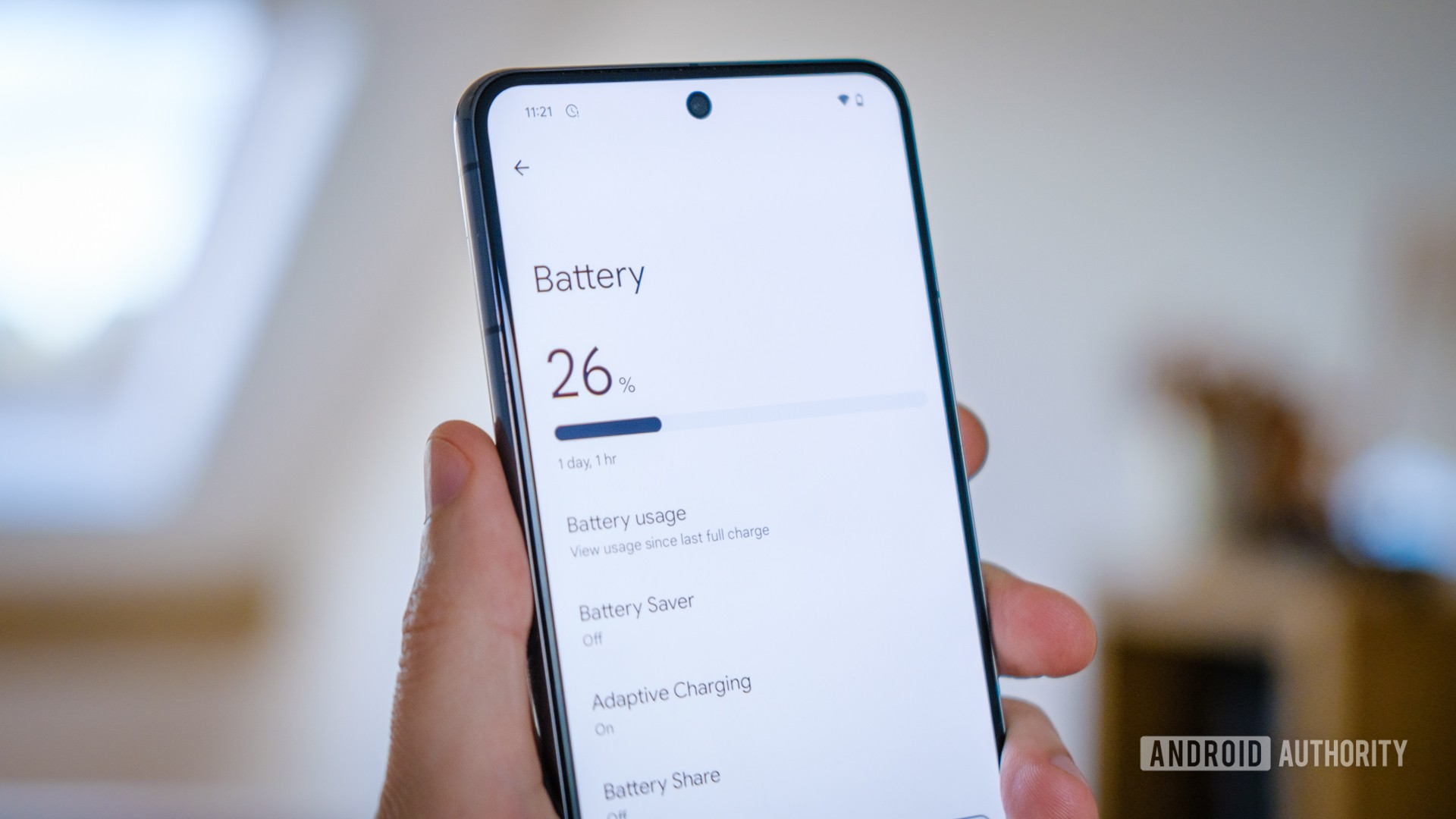Affiliate links on Android Authority may earn us a commission. Learn more.
You might not have to ever charge your phone again thanks to nuclear batteries

- A company in China has announced it is developing a radionuclide battery for mobile devices.
- This battery technology is the same that’s used to power pacemakers and components used in space.
- The battery could potentially stay charged for 50 years.
As our devices become increasingly power-hungry, the need for longer-lasting batteries continues to grow. A company in China may have a solution, however, and it involves using the same long-lasting battery technology that powers pacemakers and components used in space.
According to WinFuture, a Chinese company called Betavolt Technology has announced it is developing a radionuclide battery that would be suitable for mobile devices. The company already has its first model — BB100 — which measures 15 x 15 x 5mm and is said to provide 100 microwatts of electricity. In the next two years, the company wants to advance the technology and make small batteries that deliver one watt of power and can be combined modularly for greater power requirements.
These batteries work by using radioactive decay to generate energy. The technology hasn’t been used in other applications because the radioactive materials — like Plutonium — were too dangerous to use. There was also the issue of these batteries either being too big or not providing enough power.
However, Betavolt is developing a version of the battery that uses a layer of artificial diamond and a decaying nickel isotope. The company claims that no radiation escapes from the system, and no toxic chemicals are produced because the nickel-63 breaks down into copper.
Betavolt’s battery reportedly meets the power requirements for devices like sensors, small drones, and microrobots. This nuclear battery is also said to be able to stay charged for 50 years and works reliably from -60 to 120 degrees Celsius.
With that being said, we hear about new battery technologies all of the time. Yet it is rare that we ever see these technologies get a commercial release. One thing this technology has going for it is, as mentioned earlier, it has been used for pacemakers. But pacemakers aren’t subjected to drops and other potentially damaging factors.